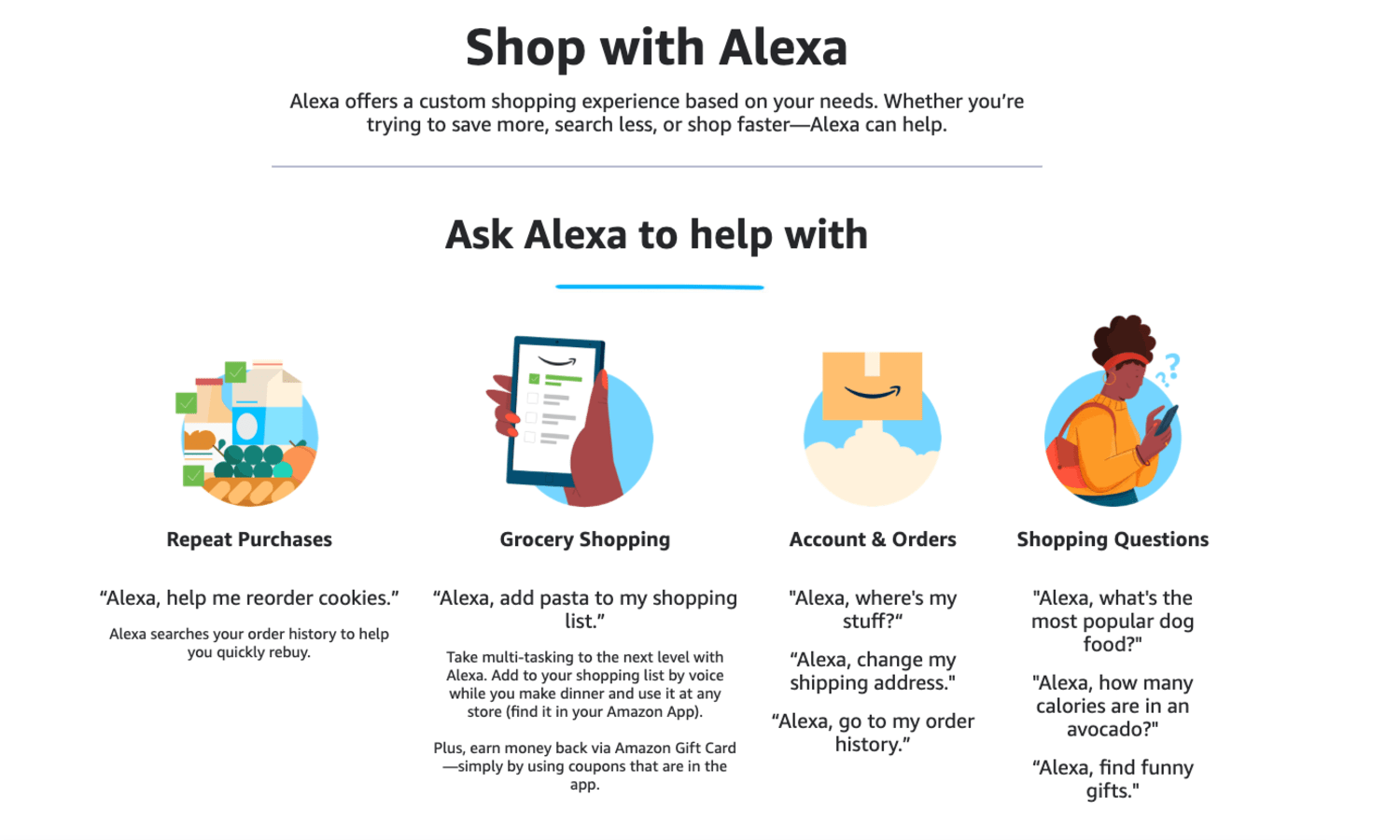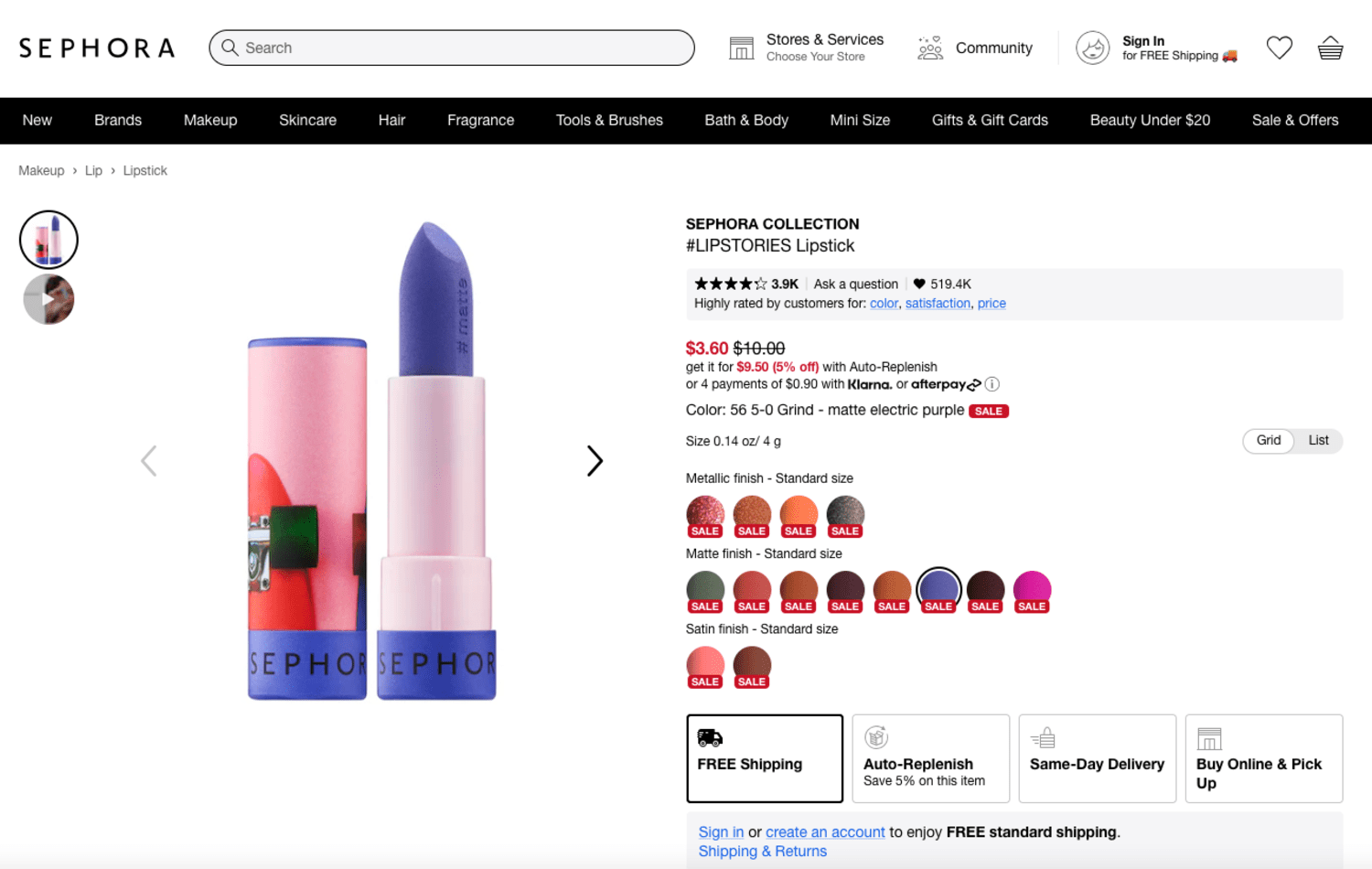Ecommerce content marketing has always been a pivotal aspect of any online business. But this year, it’s going to be a driving force behind a successful online store. With digital marketplace rapidly evolving, you need to stay ahead. Not only grasp the latest trends but also know how to apply these trends to your business.
Let’s explore the newest trends of content marketing in 2024 and how it help shape the future of ecommerce.
What is content marketing for ecommerce?
This year, ecommerce content marketing goes beyond traditional approaches. It’s about creating a rich tapestry of content that resonates deeply with your target audience, from AI-curated blog posts to VR-enhanced product demos. The key? Tailoring content that not only informs but also provides an unmatched user experience sets your brand apart in the bustling digital bazaar.
Why is content marketing important in ecommerce?
Content marketing in ecommerce is the linchpin for fostering lasting customer relationships. It’s a powerful tool for enhancing brand reputation, bolstering customer engagement, and skyrocketing SEO rankings. The goal is to transform casual visitors into loyal customers by delivering content that captivates and convinces them.
Simply put, content marketing helps make your online business more relatable and helps you gain the trust of your current and future customers. With content marketing, your business is more than a ‘store selling something.’ It helps transform your business into that ‘go-to-store’ for whatever you sell.
Top ecommerce content marketing trends shaping 2024
Ecommerce content marketing has been here since the advent of online businesses. In a sense, content marketing goes hand in hand with any online business. But just like everything else, content marketing in ecommerce continuously evolves.
In this section, we delve deep into the dynamic and rapidly evolving trends that are setting the stage for a new era in ecommerce. Imagine a world where AI-driven personalization meets immersive VR experiences, where the power of voice search harmonizes with the authenticity of brand storytelling, and where influencer collaborations are reimagined to forge deeper connections. Each trend is a piece of the puzzle in crafting a compelling and resonant ecommerce journey.
Let’s explore and master these groundbreaking trends that are not just shaping the future of ecommerce but are revolutionizing how we engage, captivate, and inspire our audience in the digital marketplace. Embrace these trends not just to stay ahead but to lead and redefine the standards of ecommerce content marketing.
Emergence of visual search technology
In 2024, visual search technology is not just emerging; it’s a central player in the ecommerce arena. By optimizing images for visual search, including comprehensive alt-text, brands are revolutionizing product discovery.
Take Target’s app, for instance—it exemplifies this trend by allowing customers to effortlessly use visual search, helping them find and purchase items in a snap. It’s a game-changer for consumers seeking a quick and intuitive shopping experience.
Content tailored for voice assistants

Voice search isn’t just the next big thing. It’s already a huge part of how we interact with devices. It’s about ensuring our content can keep up with a chat as easily as possible with your friends.
Take a cue from Amazon – they’ve nailed making shopping as easy as chatting over the fence with a neighbor. Just a quick “Alexa, I need more coffee,” and you’re done. It’s that level of simplicity that we should all aim for with our content.
So, let’s chat through our content like we would with a voice assistant. It’s all about keeping things clear, direct, and easy to understand. Because when someone asks Alexa to find your products, ensure your content’s ready to engage in a friendly banter, just like a good conversation over coffee.
Emphasis on omnichannel marketing

Omnichannel marketing? It’s like the Swiss Army knife for ecommerce. Just look at Sephora – they’re mixing online browsing with in-app trials and in-store pickups like it’s a smoothie. It’s seamless, and customers are sipping it up!
Here’s the deal with Sephora: you spot something you love online, give it a virtual try-on in their app, and snag it in the store. Your choices tag along, making it feel like they know you. It’s like your bestie helping you shop.
So, what Sephora’s doing is kind of like having a chat that moves with you, from screen to store. It keeps the vibe going, making every click and convo part of a bigger story. And who doesn’t love a good story, especially when it ends with a new find in your bag?
Storytelling through user experiences

The year 2024 is all about getting real with ecommerce storytelling. It’s no longer just sell, sell, sell – it’s about sharing true tales that hit home.
Take REI, for instance. They’re not just selling gear but the dream of the great outdoors. By weaving in real customer adventures on their site, they’re telling a story that’s way more than just a sales pitch.
REI switched up the game by asking shoppers to dish on their epic moments with their gear. This isn’t your usual review section – it’s personal, it’s real, and it’s REI.
What REI’s nailing here is turning their customers into their storytellers. It’s about giving props to those out there living it, making every shared story a shout-out to the wild and wonderful life outdoors.
Increasing use of AI for personalization

Ecommerce’s got a new best friend: AI personalization. Stitch Fix is all over it, making sure your style game is as unique as you are. They dig into what you love, your past picks, and even how you rock a quiz to hit you with clothes that say “so you.”
And it doesn’t stop there. Stitch Fix crafts emails and blog posts that feel like they’re written just for you. It’s like having a stylist in your inbox, keeping you hooked and coming back for that perfect fit. That’s how they roll – making every click and every swipe a step closer to your next favorite outfit.
Integration of VR experiences in ecommerce

VR in ecommerce? It’s not just sci-fi anymore. Wayfair’s leading the charge, letting you check out how that new sofa or lamp will look right in your living room before you hit ‘buy.’ It’s shopping that’s more like gaming – interactive, fun, and oh-so-real.
Imagine browsing Wayfair’s virtual showrooms, where 3D views let you get up close and personal with every item. It’s storytelling, but you’re part of the plot, picking and choosing in a world where every piece of furniture fits your style perfectly. This isn’t just shopping; it’s an experience that might just be as satisfying as the real thing.
Focus on authenticity and brand transparency

In today’s world, we all want the real deal, and Patagonia gets it. Their website isn’t just a shop; it’s a window into their world – how they make their products, their environmental impact, you name it. It’s like they’re saying, “Hey, we’re open books,” and that honesty? It’s a breath of fresh air.
Being authentic is the new cool, especially in ecommerce. Think about giving a sneak peek into how your products come to life or being super clear about your prices and values. It’s like having a heart-to-heart with your customers, and that’s what turns window shoppers into loyal fans.
Strategic use of influencer partnerships
Influencer marketing’s got a new groove, and it’s all about real connections. Gymshark’s nailing it by teaming up with fitness buffs who vibe with their brand. Picture this: influencers rocking Gymshark gear in their workouts, giving it the thumbs-up in a way that’s totally genuine.
Here’s the scoop for e-commerce: it’s like turning ads into advice from your gym buddy. Partner up with influencers who get your brand and watch them chat up your products to their crowd. It’s authentic, relatable, and hey, it gets people talking – and buying.
In summary…
The landscape of ecommerce content marketing emerges as a vibrant tapestry, intricately woven with cutting-edge technology, unwavering authenticity, and ingenious omnichannel strategies.
This is the era where brands aren’t just participants in the digital narrative but are its most compelling storytellers, creating content that transcends engagement to spark inspiration and drive transformational commerce. Each interaction is a chance to not just connect but to make an impact, turning every click into a journey and every story into a conversion. This is the new dawn of digital commerce, where content reigns with purpose, power, and persuasion.










